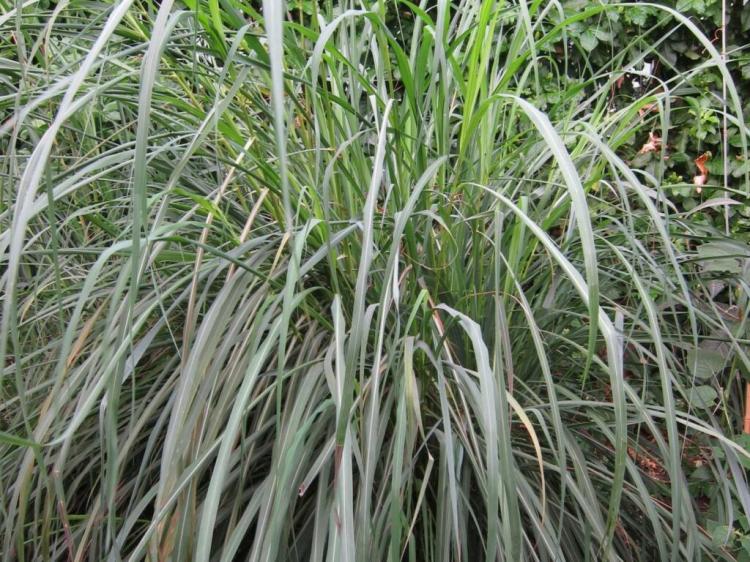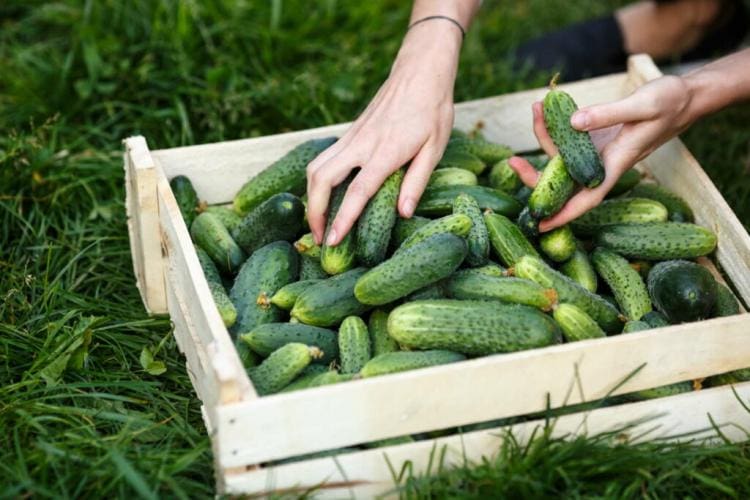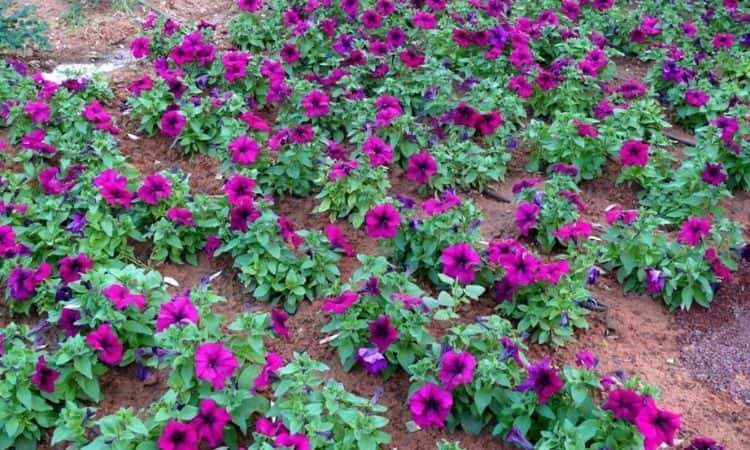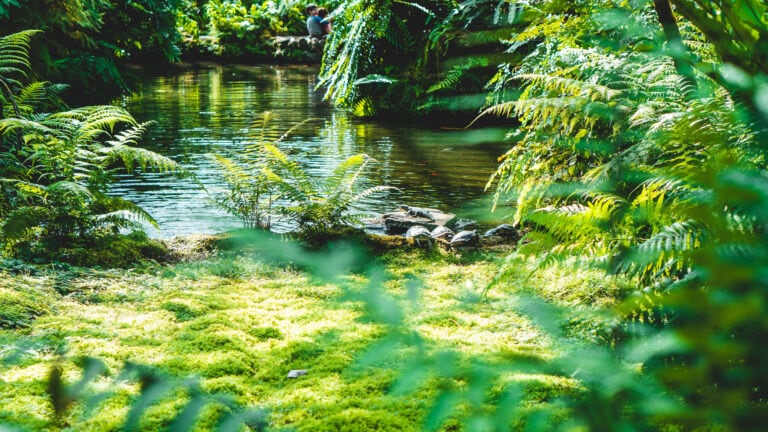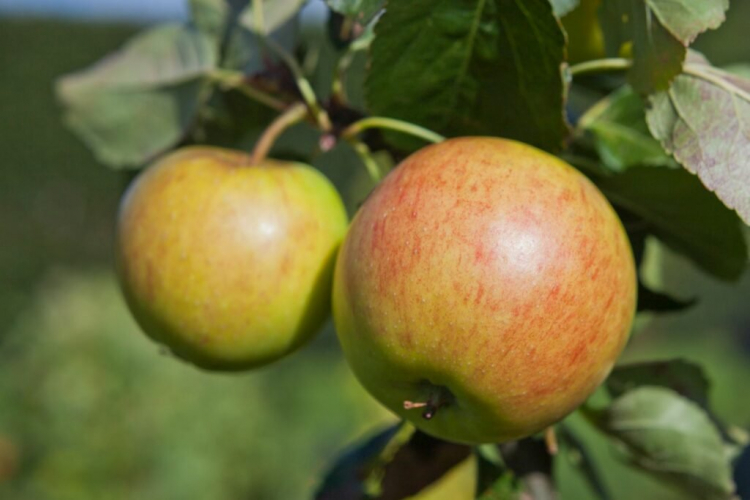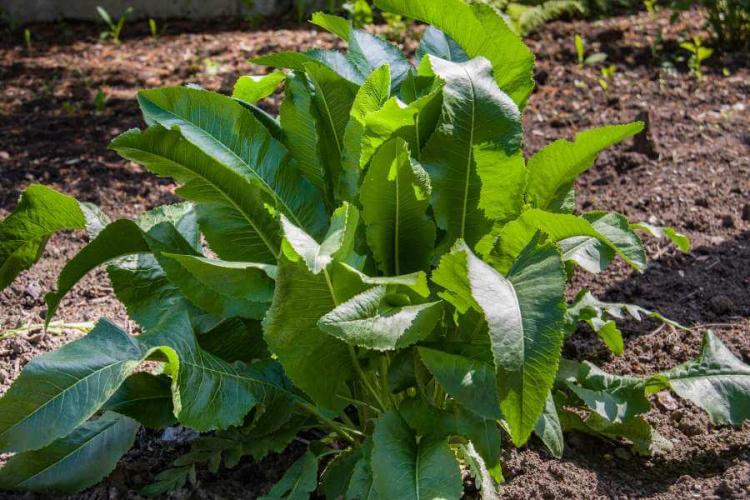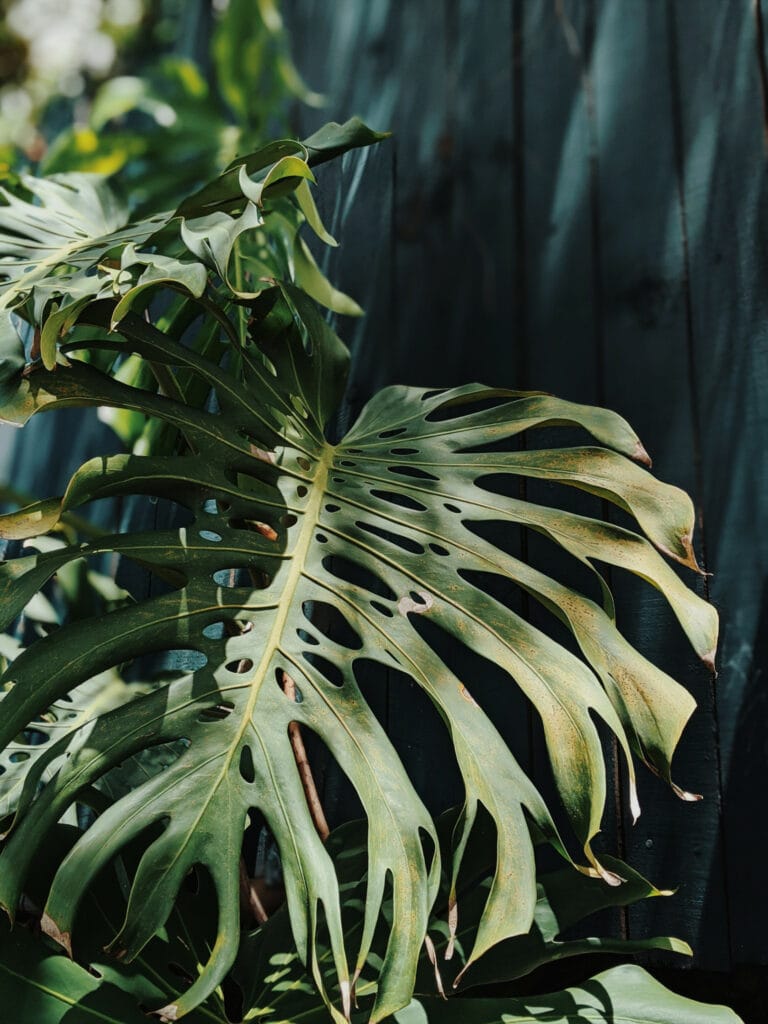Growing Lemongrass: Planting the Asian Herb
It shouldn’t be missing in almost any Asian dish – lemongrass. We will show you what to consider when growing in your own garden.
Originally the lemon herb ( Cymbopogon citratus ) probably comes from the tropical and subtropical areas of India or Sri Lanka. Perhaps the sweet grass ( Poaceae ) is so sensitive to frost due to custom and local ties and is therefore actually not at all suitable for successful cultivation in our latitudes. However, we will show you what options there are so that you can also grow and harvest the lemon-smelling and tasting grass in your own garden.
Growing lemongrass – step by step
- Location: Due to its sensitivity to frost, there is no one location for lemongrass. It must definitely spend the winter at an optimal temperature of at least 10 ° C in the house. In summer, however, the sweetgrass can either be planted in the bed or can still be cultivated in pots. In any case, you have to choose a sunny spot for the lemongrass. The soil or substrate should be permeable and rich in nutrients. Normal potting soil to which a little draining sand is added can be used for potting. If the lemongrass is planted out, sandy loam soil is the perfect balance between permeability and water-holding power of the root area.
- Propagation: There are several ways to propagate lemongrass. Sowing is one of them. The seeds can be spread in February and March. At 15 ° C, you can see the first seedlings after three to four weeks – provided you have covered the seed with a layer of substrate because lemongrass is a so-called dark germ. A few weeks later you could multiply the lemongrass by dividing it. For this, however, a mother plant is required, from the eyrie of which individual stalks are torn out with roots as far as possible and simply replanted individually immediately. If you neither have lemongrass seeds nor mother plants at hand, you can also try to grow a plant from lemongrass stalks you have bought. To do this, simply place the stalk base in a water glass in a bright place and hope that roots will form on it. However, the water should be changed regularly. With increasing downtime, more bacteria can form, which clog the guide vessels of the shoot.
- Watering and fertilizing: With lemongrass, you have to find a health center for watering. Drought stress should be avoided in any case and too much moisture threatens root rot. Thus, regular watering, especially on sunny and hot days, should ensure uniform moisture. In the case of extreme dryness and subsequent intensive watering, the lemongrass is also more susceptible to rust fungus infestation.
- Overwintering: Lemongrass is absolutely not hardy. Temperatures that do not fall below 10 ° C should be aimed for the wintering of the fresh grass. The lemongrass – if planted in the bed in summer – has to be brought back to warmer climes in any case. If there is a bright spot in the house, the evergreen grass can also be harvested in winter.
- Harvest: If the winter conditions are optimal, the lemongrass can be harvested all year round. The stalks can simply be cut a few centimeters above the soil surface. You should not cut too deeply, as this could damage the base and endanger the new growth of the grass at the point. To experience the full aroma, it is best to harvest young, tender shoots. In addition, summer is the best time to harvest for flavor. By regularly cutting the stalks by harvesting the lemongrass, there is no need to prune the grass if it is too old. The continuous harvest for use in the kitchen ensures a vital and young plant.
- Storage: Lemongrass is best used freshly harvested. One advantage, especially against the background of commercial production in distant countries, is the good shelf life of fresh lemongrass. Wrapped in paper, it can be stored in the refrigerator for several weeks without losing its aroma. You can extend the usability of lemongrass for almost up to a year by freezing it. Drying, as is done with many other herbs and spices, should not be done with lemongrass for preservation. Unfortunately, too much aroma is lost due to the drying process.
You might so like:
